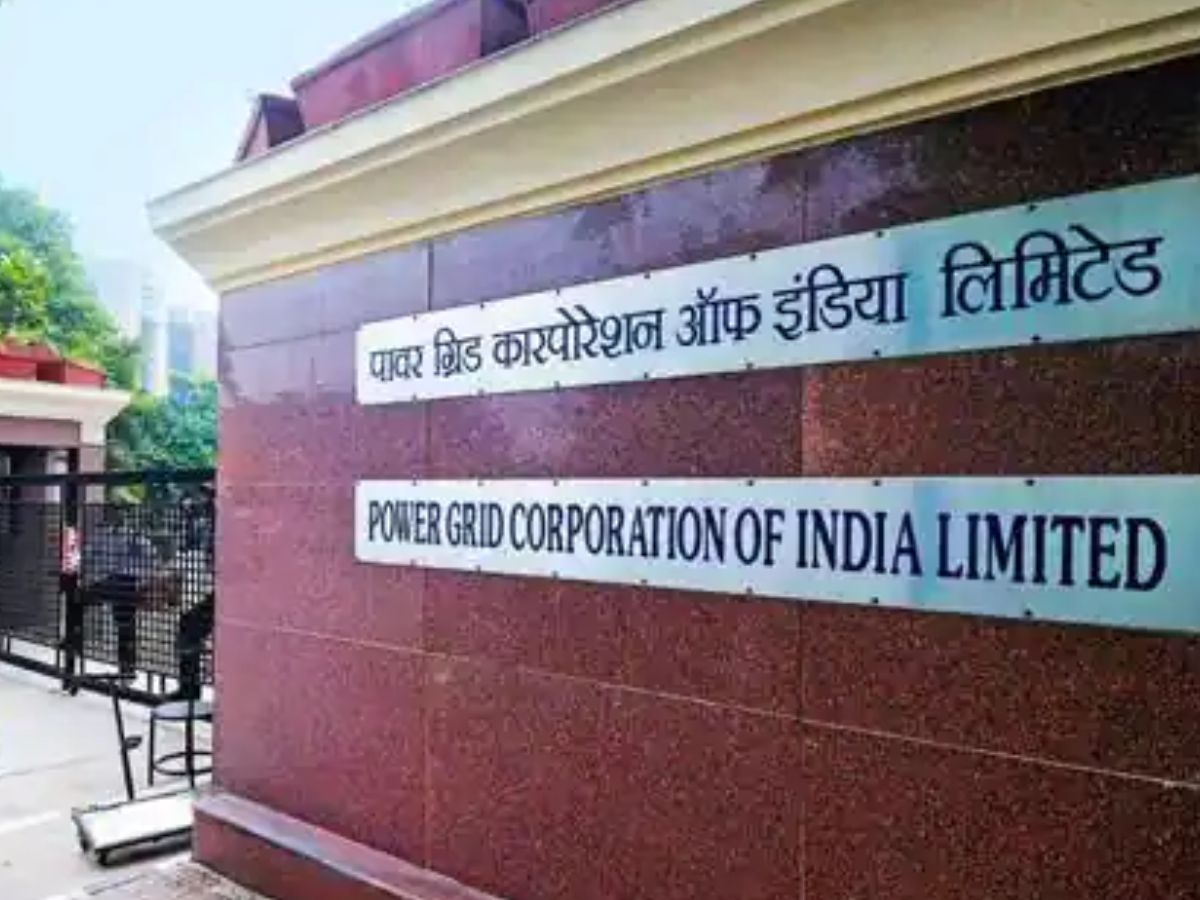New Delhi
Simmering discontent plagues India’s power sector where private companies feel PSUs get undue advantage because of their status. The companies feel this trend should stop and level-playing field ensured.Prime Minister Narendra Modi has even opened the private sector to critical defence production to ensurethat excessive reliance on imports is reduced. In such a context, they believe that justice will be done to them.
Complaints against the PSUs are rising in the corridors of the Power Ministry, especially from the private sector. Historically, the PSUs were established by the Indian government to promote development of the economy and infrastructure across the nation. Over the last nine years of the Modi government,India has also seriously promoted private sector investments and invited the private sector to co-develop critical infrastructure.
But some of the PSUs—monopolies in their respective segments—continue to maintain several advantages due to their incumbent status and guarantee large, positive balance sheets on the back of cost-plus contracts handed out by the government.
Consider this. In the transmission sector, Power Grid Corporation of India operates as a near monopoly. On 15June, a Supreme Court order stated that Coal India, a PSU, firmly comes under the ambit of Competition Corporation of India and that the CCI should also scrutinise Power Grid for anti-competitive practices, which is using its market power and PSU tag to harm competition and threatening innovation in the transmission sector.
How is it happening?
Informed sources told this reporter that Power Grid, the dominant player in the sector, continues to double up as a significant competitor to the private sector, rather than gradually receding to a patron-overseer role. It won 39% of all tariff based competitive bidding since inception. Power Grid increased its share of winning bids to 57% of all TBCB bids between FY21 and FY23. Furthermore, Power Grid continues to get a number of so-called strategic projects on nomination or regulated tariff mechanism(RTM) basis from the government, even though the private sector is equally or better equipped to execute those projects in a time bound manner.
This is not all. Power Grid beats competition by quoting lower prices because it has access to cheaper capital, claim power sector insiders. After all, multilateral agencies lend to Power Grid under the Central government’s sovereign guarantee, a benefit that does not accrue to the private players.
Consider the case of Rs 27,000 crore transmission system from Ladakh to Kaithal (Haryana) to evacuate renewable energy. This project has been handed over to Power Grid on nomination basis under RTM.
Experts in the power sector say that there is another lacuna where the government needs to pay urgent attention. Power Grid had a core team responsible for fresh planning of transmission lines called the Central Transmission Utility, or the CTU. Once the TBCB came into force, Power Grid was privy to sensitive and critical information about upcoming power transmission projects, leading to the view that Power Grid had an unfair advantage over other private players.
It was only in June 2020 that the power ministry took a decision to decouple CTU activities from Power Grid. Accordingly, the Central Transmission Utility of India Ltd (CTUIL) was incorporated as a wholly owned subsidiary of PGCIL.
But thenteething troubles remain.
Power Gridis still likely to have access to sensitive information from its subsidiary. It is important to note here that Power Grid finances CTUIL and Power Grid’s Director of Projects is the Chairman of CTUIL’s Board of Directors.
As a result, Power Grid earns very healthy margins on the basis of guaranteed returns on its nomination-based contracts and uses these margins to cross-subsidise its TBCB bids. Thus, it is able to undercut competition at TBCB bids by quoting much lower. Due to the dominance and financial strength of PGCIL in the regulated market, PGCIL is able to progressively increase and strengthen its position in the competitive transmission by indulging in aggressive bidding.
The net profit margin of Power Grid is in the range of 28-29% and for NTPC the same is in the range of 10 to 13 percent over the last five years. “When it comes to competitive bidding PGCIL is quoting @ 50% of its own regulated costs,” a member opined in the Report of “The Forum of Regulators” on “Analysis of Factors Impacting Retail Tariff And Measures To Address Them”.
The member raised a very valid point.
“I think there will be a time when we have to focus on market share and forgo some amount of returns to maintain the market share,” K.Sreekant, Power Grid CMD told an investors’and analysts’ meet held on 2February2023.

